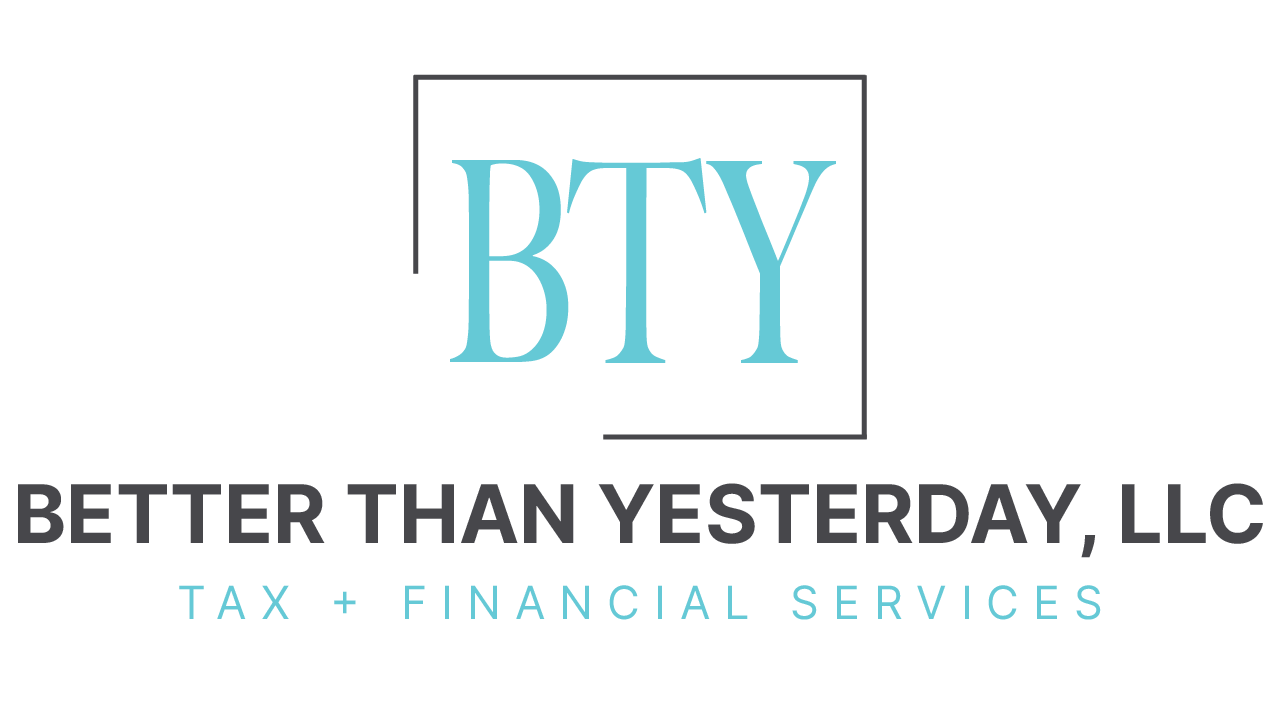Are you on the hunt for a good tax professional, like a CPA or EA? Finding the right tax professional can seem like a difficult task.
Getting referrals from people you trust is one of the best ways to get connected with a trusted tax preparer.
But you should always do your own research, the IRS has a public directory of PTIN holders. If you’re unfamiliar with that term, a PTIN is what tax preparers need to file tax returns.
And it’s kind of hard to believe, but just about anyone can become a paid tax preparer by applying for a PTIN (Preparer Tax Identification Number) from the IRS website. You do not need to have any credentials (like a CPA or EA credential) to have a PTIN or file tax returns.
In the IRS public directory, you can filter your search with your zip code and the distance you’d be willing to travel.
You can also filter the search by credentials.
The credential options are:
- Attorney
- Certified Public Accountant
- Enrolled Agent
- Enrolled Actuary
- Enrolled Retirement Plan Agent
- Annual Filing Season Program Participant
So, let’s go over the differences!
CREDENTIAL VS. NON-CREDENTIAL
Since we threw the curveball of “anyone can be a tax preparer” at you. How about we dive into that first?
You can apply for a PTIN from the IRS without any credentials or background education in tax. There are several tax preparers that have no credentials and are also tax experts. Even though they aren’t licensed!
The U.S. Tax Code, Regulations, and Official Guidance are all accessible to the public. You have every right to learn the tax code yourself. Although keep in mind, you should use all three of the following resources as the code is hard to interpret:
- Title 26 U.S. Code (Tax Code) is the federal law enacted by Congress.
- Treasury Tax Regulations pick up where the Tax Code left off by providing an official interpretation of the Tax Code by the US Department of Treasury.
- Finally, the IRS publishes a regular series of Other Official Tax Guidances to help further interpret the Tax Code and Regulations.
Moving along…
If you are referred to a non-credential tax preparer by someone you trust, then don’t let the lack of credentials steer you away. There are many tax professionals that have no credentials and can be very helpful in preparing your return.
However, non-credentialed tax preparers have representation rights that are limited to none when it comes to dealing with the IRS. That is something to be aware of when selecting your tax preparer.
Tax preparers with only a PTIN and no other credentials are not allowed to represent clients before the IRS. Therefore, if you hire a tax preparer with only a PTIN, and you get audited, they cannot represent you before the IRS.
There is another “non-credential option” that requires extra continuing tax education for PTIN holders without any licensing. Which is the Annual Filing Season Program (AFSP). The Annual Filing Season Program is a voluntary program that recognizes the efforts of preparers that are not generally attorneys, CPAs, or EAs. Annual Filing Season Program participants must complete a certain number of continuing education hours and a comprehensive test for an Annual Federal Tax Refresher (AFTR). However, this certification has limited representation rights with the IRS on behalf of their clients.
EA VS. CPA
EAs (Enrolled Agents) and CPAs (Certified Public Accountants) are both knowledgeable tax professionals required to maintain high ethical standards and continuing education.
The main difference is that EAs are specialized in taxation and are federally licensed by the U.S. Department of Treasury. This is the highest credential issued by the IRS. CPAs are licensed by the state(s) of their choosing, and can be specialized in taxation and much more.
EAs, CPAs, and Attorneys are the only professionals with unlimited representation rights, meaning they can represent any client on any matter before the IRS. This is true even if they did not prepare the tax return.
Since EAs are federally licensed, they are automatically recognized in all 50 states. CPAs are recognized in the state(s) they are licensed by, and any states that have mobility laws in place.
Although all three credentials can be tax professionals, you know you are getting a tax specialist with an EA credential. Again, not all CPAs or Attorneys specialize in taxation as their expertise options are more flexible and broad.
Both EAs and CPAs can help you with tax planning and advising throughout the year, as well as accounting needs, like bookkeeping. However, EAs cannot issue reviewed or audited financial statements like a CPA can. EAs can only provide a compilation of financial information with no assurance intended for internal management use.
So… what’s the difference between audited and no assurance financials? Well, public companies are required to provide audited financial information to their shareholders and file the statements with the SEC. Also, if an investor or bank requires you to have an independent audit these statements will need to be issued by a CPA. No assurance financial statements are used for internal management decisions, which is most common for private companies and small businesses.
| EA vs. CPA | EA License | CPA License |
| Licensed Professional | ● | ● |
| Tax Specialist | ● | ●*not always specialized in taxation |
| Unlimited IRS Representation Rights | ● | ● |
| Recognized In All 50 States | ● | ●*depends on the states mobility laws (most states recognize) |
| Tax Planning, Advising, and Accounting/Bookkeeping | ● | ● |
| Issue Audited Financial Statements | X | ● |
So, long story short, credentials provide an extra layer of trust if you are hiring a tax professional you personally don’t know much about. Also, if you have a fear of being audited and want a professional to represent you, then make sure you choose someone with credentials.
Always check on the public directory to be sure that the person you hire has a credential or certificate that allows them to represent you if you ever get audited or have any IRS/state tax issues.
If you want to hire a tax professional for this upcoming tax year, don’t put off your search. Start as soon as possible so you can guarantee your spot on their tax season client list!
Follow along for more tax tips!
All videos are made with Animaker, sign up for free today!






